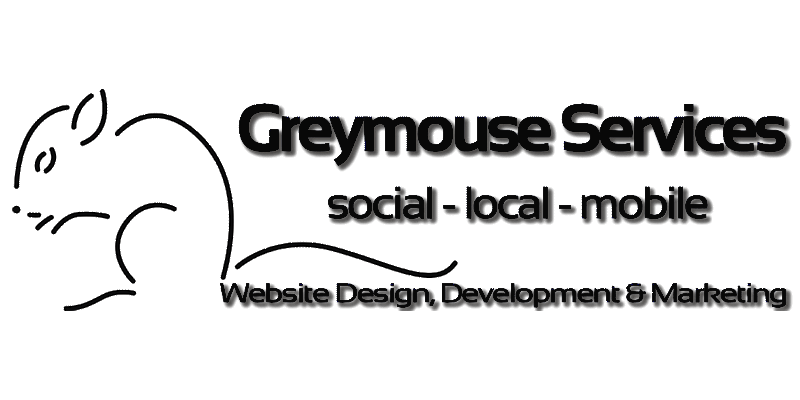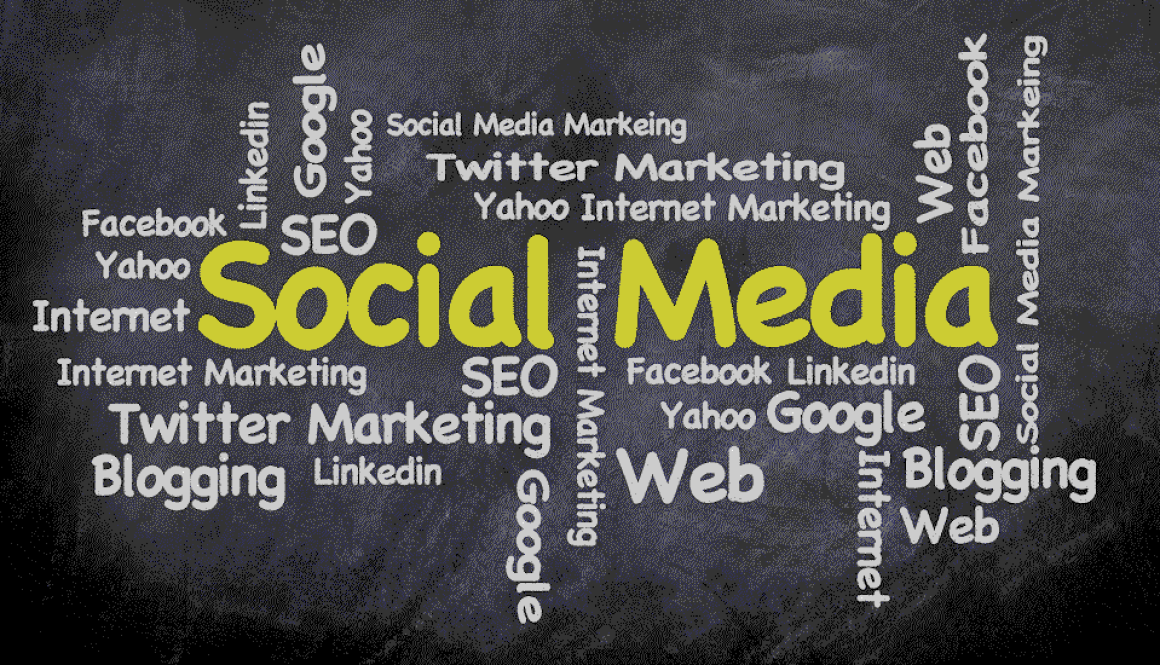How Can Brick and Mortar Local Businesses Make The Best Use Of Social Media?
Social media is a powerful tool that local businesses can use to reach new customers and grow their business. But how can brick-and-mortar businesses make the best use of social media?
Here are some tips:
1. Use social media to create a strong relationship with your customers.
Make sure you are responsive to comments and questions. Show that you care about your customers and their experience with your business.
2. Use social media to share your story
Introduction: Defining social media and its purpose
Social media is a term that is used to describe the various online platforms and tools that allow users to share content, interact with each other, and engage in social networking. While the term “social media” is relatively new, the concept of using online tools for social interaction is not. Social media platforms like Facebook, Twitter, and LinkedIn have only become popular in recent years, but they are based on earlier versions of online communication tools like Usenet and bulletin board systems (BBS).
The Benefits of Social Media for Local Businesses
More and more, local businesses are turning to social media to connect with potential and current customers. And it makes sense—according to a 2018 study by eMarketer, nearly three-quarters of Americans use at least one social media platform.
But what are the benefits of social media for local businesses? Here are a few key advantages:
1. Increase visibility: With more and more people spending time on social media, it’s an ideal way to increase the visibility of your local business. By creating interesting and engaging content, you can reach a larger audience and attract new potential customers.
2. Enhance customer engagement: Social media provides an opportunity to directly engage with your customers and build relationships. You can respond to customer inquiries, comments, and reviews in a timely manner, which can help create a positive customer experience and build customer loyalty.
3. Boost SEO efforts: In addition to increasing visibility, social media can also help boost your website’s SEO (search engine optimization). When you post quality content on social media platforms, people are more likely to share it—which can help increase traffic to your website. Additionally, social media signals (such as likes, shares, and comments) can influence your website’s search engine ranking.
4. Generate leads: Social media can be used as an effective lead generation tool—you can use it to promote special offers and deals, which can encourage people to visit your store or website. You can also use targeted advertising on social media platforms to reach potential customers who are interested in your products or services.
5. Increase sales: Ultimately, the goal of any business is to increase sales—and social media can help you achieve this goal. By using social media effectively, you can drive traffic to your website or store and generate leads that could result in increased sales for your local business.
The Risks of Social Media for Local Businesses
Small businesses are the backbone of the American economy, accounting for more than half of all private-sector jobs. And while social media can be a great way for small businesses to connect with customers and promote their products or services, it can also be a minefield of legal risks.
There are a few key areas where local businesses need to be especially careful when using social media:
* defamation – anything that could be considered slander or libellous;
* privacy – invaded if you post something without someone’s consent;
* intellectual property – using someone else’s copyrighted material without permission; and
* false advertising – making claims about your products or services that are misleading or not supported by facts.
These are just a few of the potential legal risks associated with social media use by local businesses. The best way to protect your business is to consult with an experienced attorney who can help you develop policies and procedures to minimize the risk of liability.
The Different Types of Social Media
There are many different types of social media, each with its own advantages and disadvantages. Here are some of the most popular types:
-Facebook is the largest social media platform with over 2 billion active users. It is great for staying in touch with friends and family, sharing news and experiences, and joining groups with like-minded people. However, it can also be a huge time sink, and the constant stream of notifications can be overwhelming.
-Twitter is a microblogging platform that allows users to post short updates of 140 characters or less. It is a great way to keep up with current events, share news and articles, and connect with people who share your interests. However, it can also be a breeding ground for trolls and bullies.
-Instagram is a photo-sharing platform that has become increasingly popular in recent years. It is great for sharing photos and videos, connecting with friends and family, and following hashtags to see what others are posting about specific topics. However, it can also be extremely addictive, and the pressure to post perfect photos can be stressful.
-Pinterest is a visual bookmarking tool that allows users to save images they find online to virtual boards. It is great for finding inspiration, planning projects, and collecting recipes. However, it can also be addictive, and the temptation to spend hours scrolling through pictures can be hard to resist.
The Best Ways to Use Social Media for Local Businesses
As a local business, you may be wondering how you can use social media to reach new customers and grow your business. After all, with so many people using social media every day, it’s a great way to connect with potential customers who are right in your own community.
Here are some of the best ways to use social media for local businesses:
1. Use social media to create a strong relationship with your customers.
Make sure you are responsive to comments and questions. Show that you care about your customers and their experience with your business. When you create a strong relationship with your customers, they will be more likely to use your products or services and recommend your business to others.
2. Use social media to share information about your products or services.
Make sure you are sharing relevant and interesting information about your products or services on social media. If potential customers see that you have something valuable to offer, they will be more likely to do business with you.
3. Use social media to promote special offers or discounts.
If you want to attract new customers, make sure you are promoting special offers or discounts on social media. This is a great way to encourage people to try out your products or services.
4. Use social media to showcase your positive reviews and testimonials.
If you have happy customers, make sure you showcase their positive reviews and testimonials on social media. This is a great way to show potential new customers that others have had a positive experience with your business
The Worst Ways to Use Social Media for Local Businesses
As the owner of a local business, you may be feeling pressure to join the social media bandwagon. After all, everyone else is doing it, so it must be a good idea, right?
Wrong.
Just because social media is a popular marketing tool doesn’t mean it’s right for every business. In fact, there are some ways that using social media can actually harm your business.
Here are four of the worst ways to use social media for local businesses:
1. Posting too much promotional content.
No one wants to be bombarded with sales pitches, and that’s especially true on social media. If you fill your feed with nothing but promotions for your products or services, you’re likely to turn off potential customers and drive them away.
2. Posting controversial or offensive content.
Social media is a great platform for sharing your brand’s personality and values. But be careful not to post anything that could be interpreted as offensive or insensitive. Remember, anything you post on social media is public and could reflect poorly on your business if it’s perceived in a negative light.
3. Failing to engage with your audience.
Social media is all about engagement—Building relationships with your customers and potential customers by interacting with them on a regular basis. If you create a social media profile but never interact with other users, you’re missing out on a valuable opportunity to build rapport and grow your customer base.
4. Ignoring negative comments or reviews.
When someone leaves a negative comment or review about your business on social media, it can be tempting to ignore it and hope it goes away. But that’s not the best course of action—In fact, it can often make the situation worse.
Avoid these four pitfalls by using social media wisely, and you can turn it into a valuable asset for your local business.
How to Get Started with Social Media for Local Businesses
Starting a social media account for your local business is easy and free. The first step is to choose the platform or platforms that make the most sense for your business. If you’re a retail business, Facebook and Instagram are good choices. If you’re a service business, LinkedIn might be a better fit.
Once you’ve chosen your platform, it’s time to create your profile. Be sure to include a clear and concise description of your business, as well as your contact information. You should also include a high-quality logo or headshot.
After you’ve created your profile, it’s time to start posting! Be sure to post engaging content that will appeal to your target audience. You should also try to post regularly, at least once per day.
If you need help getting started with social media for your local business, there are plenty of resources available online. There are also many companies that offer social media management services.
Conclusion: The Importance of a Social Media Strategy
To remain competitive in today’s marketplace, it is essential for all businesses to have an active social media presence. Local businesses are no exception. In fact, social media can be especially beneficial for brick-and-mortar businesses trying to reach a wider, local audience.
There are many ways for local businesses to make the most of social media. First and foremost, it is important to have a well-defined social media strategy. This strategy should include goals and objectives, target audiences, and key message points. Once the strategy is in place, local businesses can begin creating and sharing content that will resonate with their target audiences.
It is also important for local businesses to be active on social media platforms that are popular in their area. In most cases, this will include Facebook, Twitter, and Instagram. By engaging with their local community on these platforms, businesses can build brand awareness and loyalty.
Finally, local businesses should consider running social media promotions and giveaways. These types of campaigns can generate a lot of excitement and word-of-mouth buzz—two things that are essential for any business looking to succeed in today’s digital world.

